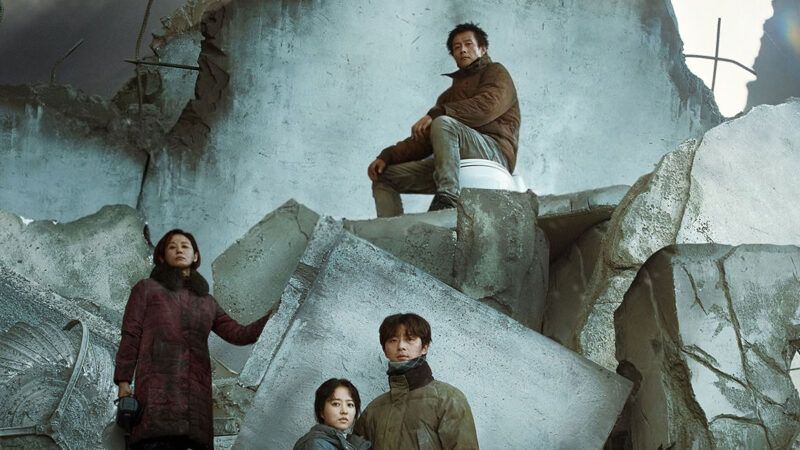Review: A South Korean Film Explores Nativism and Authoritarianism After a Disaster
Concrete Utopia is a cautionary tale about the dangers of unchecked power under any circumstances.

A catastrophic earthquake wipes out the world, leaving a single apartment complex standing in the ruins of Seoul. The few survivors flock to this lone sanctuary, cut off from the world they once knew and waiting for help that will never come. Amid dwindling resources and cold temperatures, they struggle to survive.
In the Korean film Concrete Utopia, the remnants of society organize themselves within the apartment complex. The original residents elect a leader and assign roles for scavenging, rationing, and health care. Initially, this democratic approach offers hope. But as power dynamics solidify, the once-friendly neighborhood organization transforms into a totalitarian regime that rules through fear and oppression.
The regime expels non-natives who didn't originally live in the building, leaving them to fend for themselves in Seoul's desolate wreckage. Dissenters face harsh punishment—their doors are marked with red paint and they are subjected to public shaming. The leadership uses vital resources as a weapon, enforcing loyalty through controlling access to food, water, and medicine. Heavy surveillance and policing become the norm.
Concrete Utopia is not just a story of survival in an apocalyptic world. It is a cautionary tale about the dangers of unchecked power under any circumstances.


Show Comments (4)